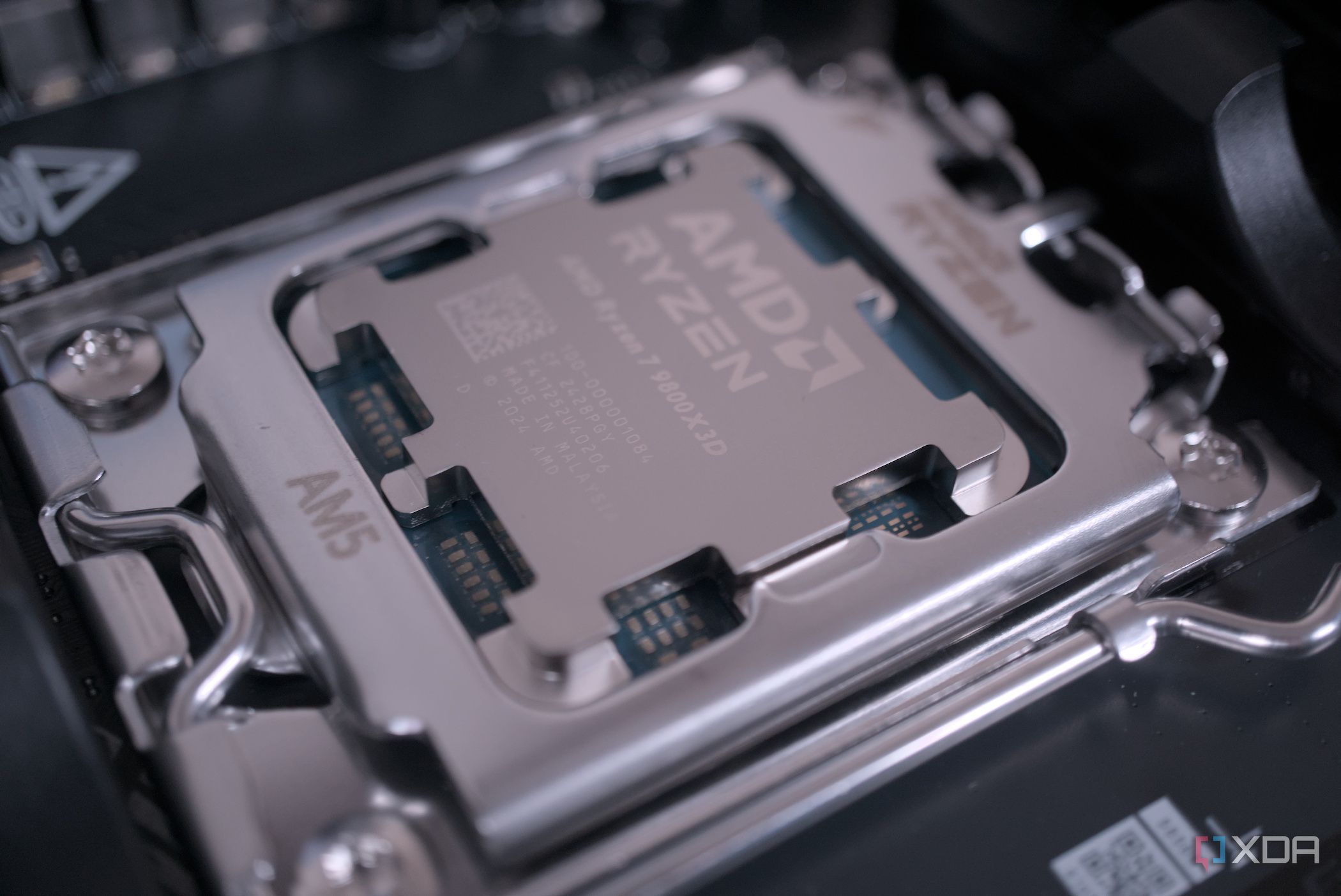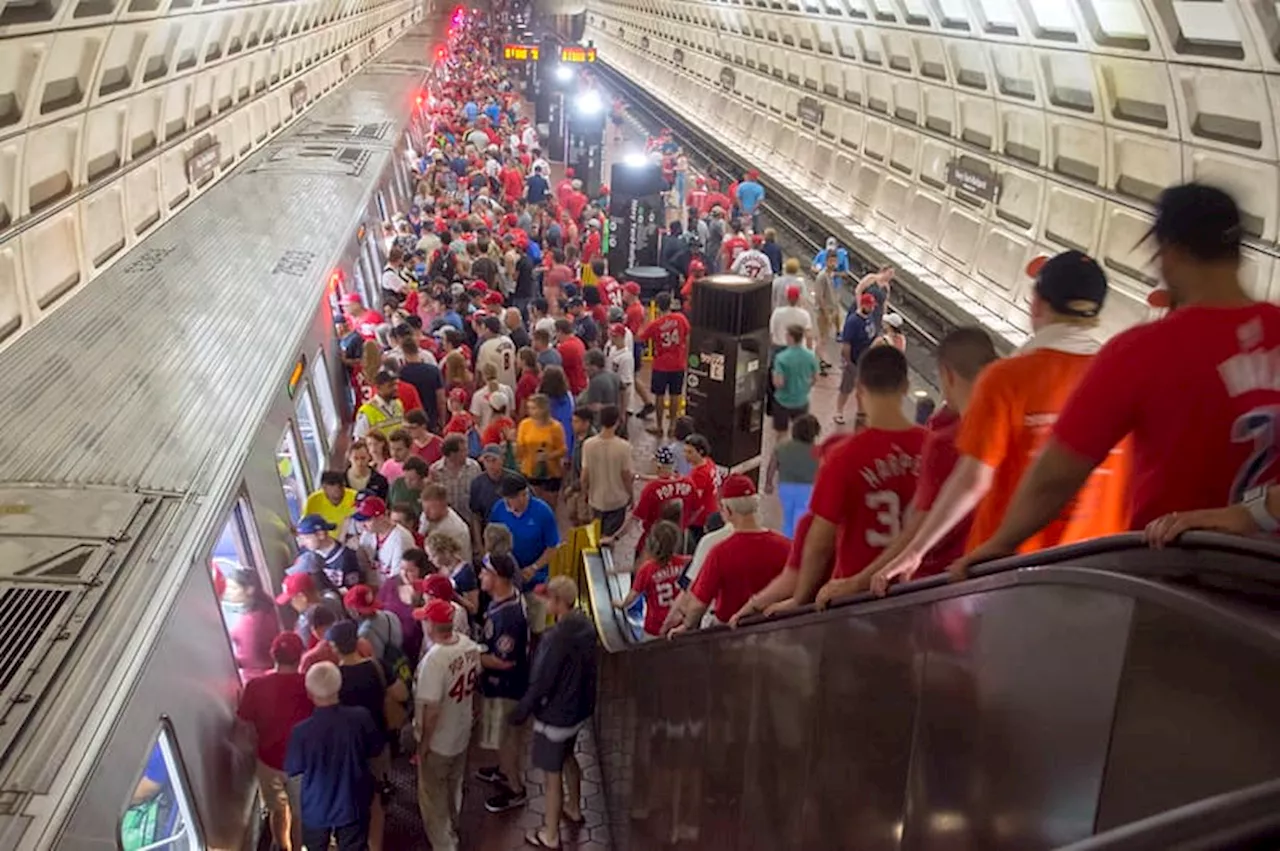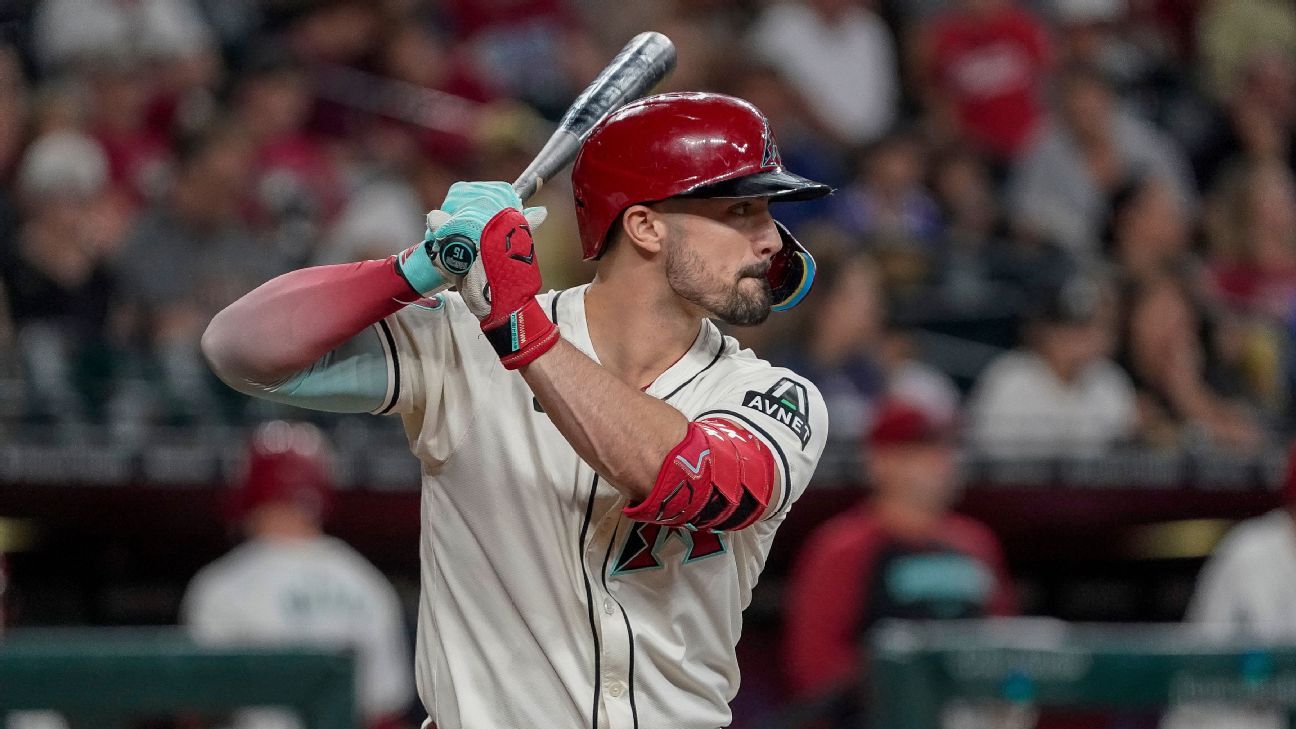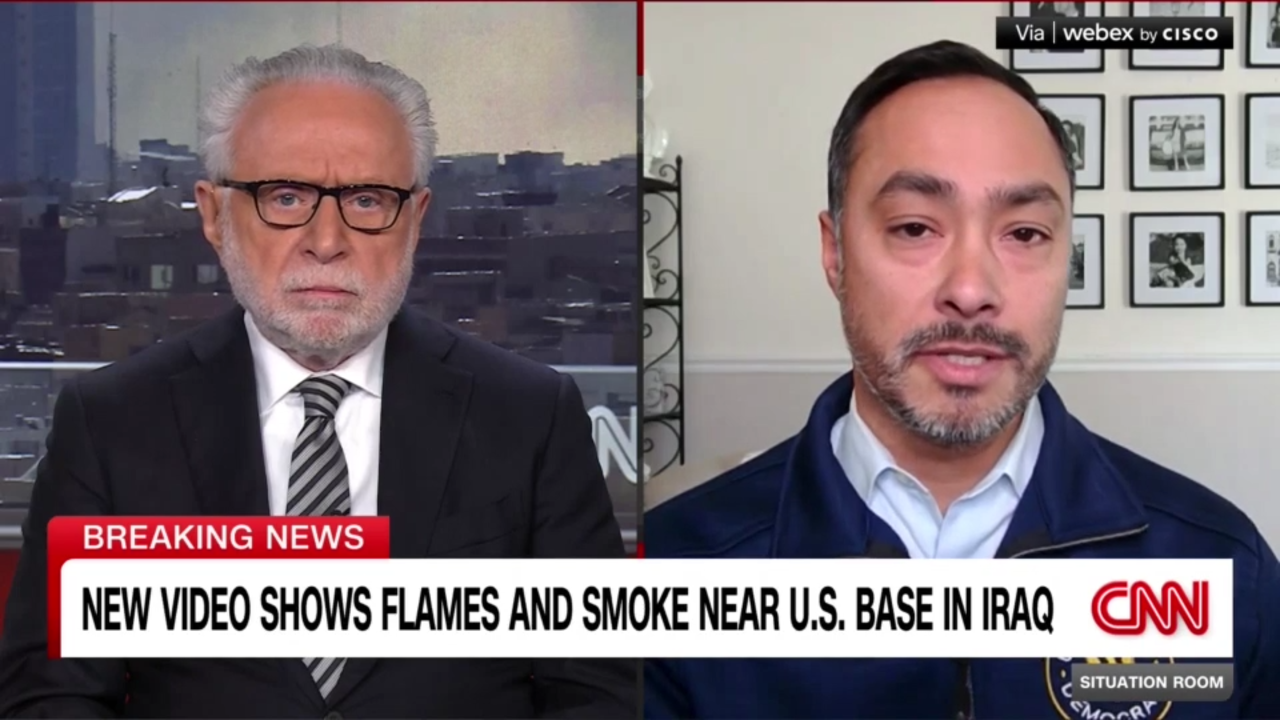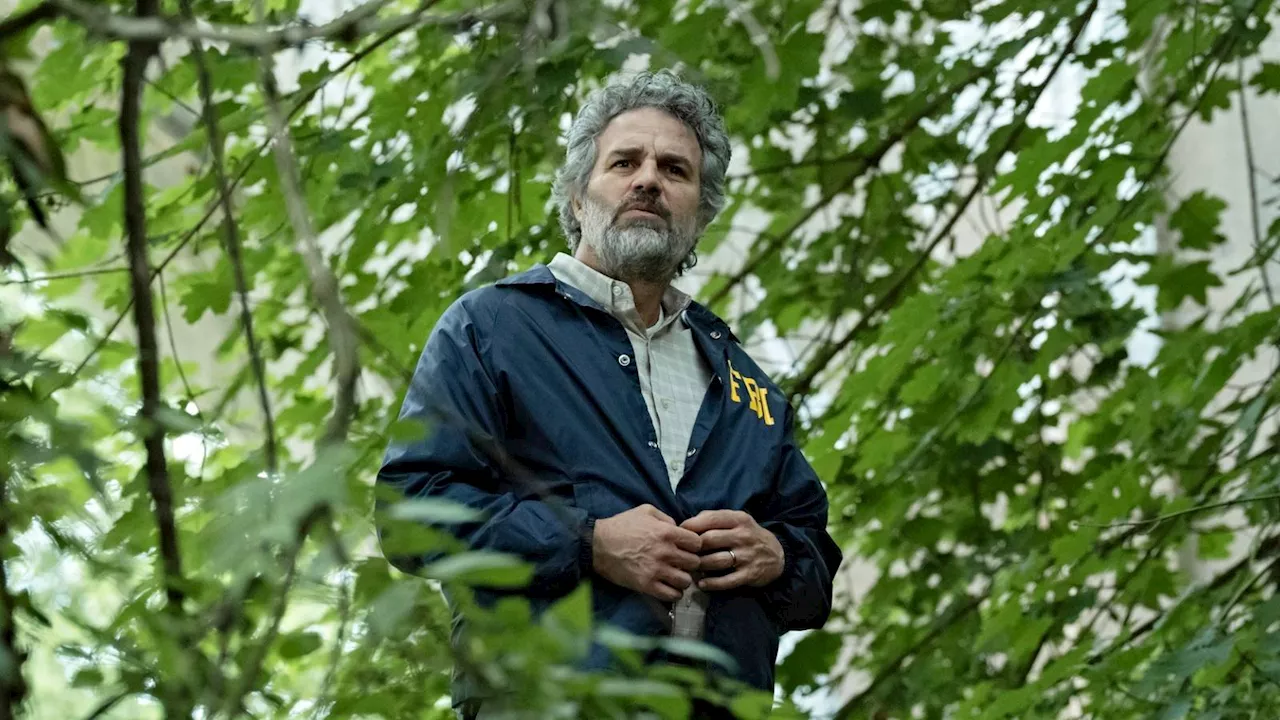
Elon Musk shared his vision of a future where work becomes optional and money loses its significance, largely due to advancements in artificial intelligence (AI) and robotic automation. Speaking at the U.S.-Saudi Investment Forum in Washington, DC, this week, Musk predicted that within the next 10 to 20 years, robots will dominate the workforce, enabling individuals to choose whether to work, much like deciding to tend to a garden.
Musk likened the future of employment to gardening, saying, “If you want to work, it’ll be like playing sports or a video game. You can go to the store and buy vegetables or grow them in your backyard. Some people still grow vegetables because they enjoy it.” His comments reflect an optimistic outlook on the potential of his Optimus robots to enhance productivity and reshape the nature of work.
With a net worth of approximately $470 billion, Musk has been focusing on integrating his various business ventures into a cohesive vision centered around AI and robotics. He aims for 80 percent of Tesla’s value to stem from the Optimus robots, even as the company faces production delays for these humanoid machines. While Musk promotes his automated future as a utopia, others express concerns about the potential displacement of jobs, particularly entry-level positions, which could exacerbate issues like stagnating income growth among younger generations.
In Musk’s envisioned world, traditional currency may become obsolete. He draws inspiration from the science fiction works of Iain M. Banks, particularly the Culture series, which depicts a post-scarcity society where money does not exist. Musk stated, “In those books, money doesn’t exist… if there’s a continued improvement in AI and robotics, which seems likely, money will stop being relevant.”
At the recent Viva Technology 2024 conference, Musk suggested that a system of “universal high income” could support a world where work is not necessary, although he did not elaborate on how such an economic model would function. His views resonate with those of Sam Altman, CEO of OpenAI, who has advocated for concepts like universal basic income, which involves unconditional payments from the government to individuals.
Musk’s remarks spark a broader conversation about the implications of AI and automation on society. As technology continues to evolve, the balance between human labor and machine efficiency raises vital questions about economic structures and individual livelihoods. While Musk envisions a future where work is a choice rather than a necessity, the path to achieving this future will require careful consideration of the potential impacts on employment and social equity.
